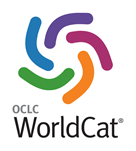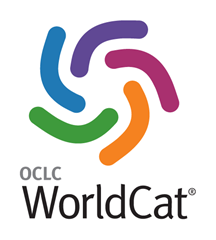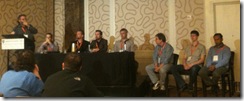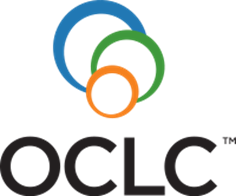
Forming Consensus on Schema.org for Libraries and More
Back in September I formed a W3C Group – Schema Bib Extend. To quote an old friend of mine “Why did you go and do that then?” Well, as I have mentioned before Schema.org has become a bit of a success story for structured data on the web. I would have no hesitation in recommending it as a starting point for anyone, in any sector, wanting to share structured data on the web. This is what OCLC did in the initial exercise to publish the 270+ million resources in WorldCat.org as Linked Data. At the same time, I believe that …








